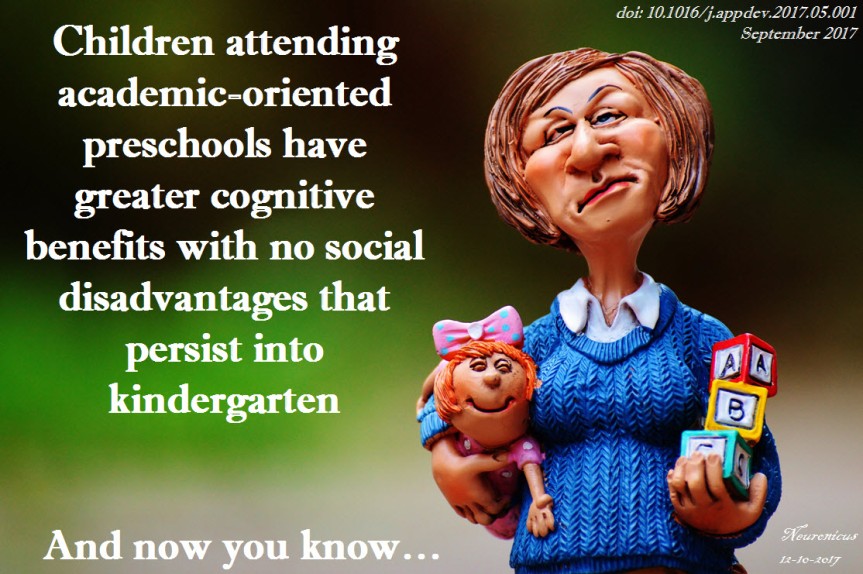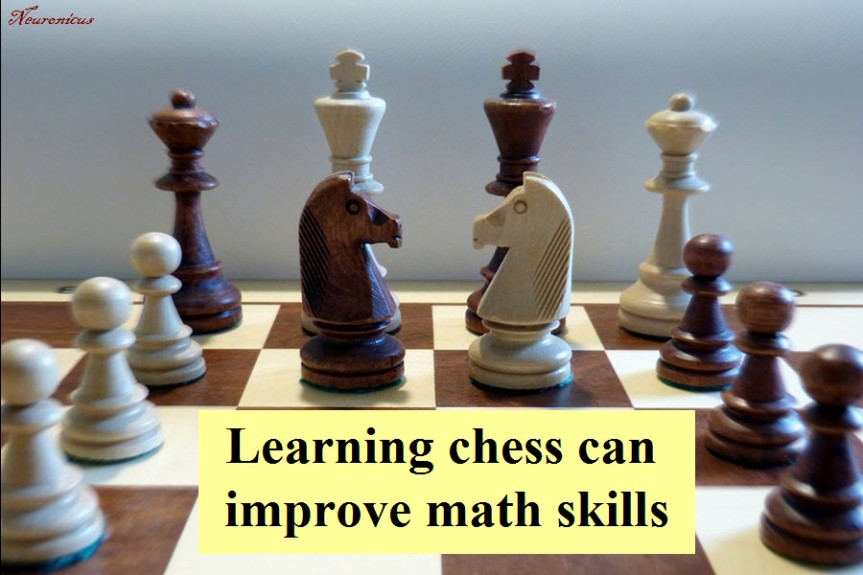 The title of today’s post wouldn’t make any sense for anybody who isn’t a preschooler’s parent or teacher in the USA. You see, on the west side of the Atlantic there is a debate on whether a play-based curriculum for a preschool is more advantageous than a more academic-based one. Preschool age is 3 to 4 years; kindergarten starts at 5.
The title of today’s post wouldn’t make any sense for anybody who isn’t a preschooler’s parent or teacher in the USA. You see, on the west side of the Atlantic there is a debate on whether a play-based curriculum for a preschool is more advantageous than a more academic-based one. Preschool age is 3 to 4 years; kindergarten starts at 5.
So what does academia even looks like for someone who hasn’t mastered yet the wiping their own behind skill? I’m glad you asked. Roughly, an academic preschool program is one that emphasizes math concepts and early literacy, whereas a play-based program focuses less or not at all on these activities; instead, the children are allowed to play together in big or small groups or separately. The first kind of program has been linked with stronger cognitive benefits, while the latter with nurturing social development. The supporters of one program are accusing the other one of neglecting one or the other aspect of the child’s development, namely cognitive or social.
The paper that I am covering today says that it “does not speak to the wider debate over learning-through-play or the direct instruction of young children. We do directly test whether greater classroom time spent on academic-oriented activities yield gains in both developmental domains” (Fuller et al., 2017, p. 2). I’ll let you be the judge.
Fuller et al. (2017) assessed the cognitive and social benefits of different programs in an impressive cohort of over 6,000 preschoolers. The authors looked at many variables:
- children who attended any form of preschool and children who stayed home;
- children who received more (high dosage defined as >20 hours/week) and less preschool education (low dosage defined as <20 hour per week);
- children who attended academic-oriented preschools (spent at least 3 – 4 times a week on each of the following tasks: letter names, writing, phonics and counting manipulatives) and non-academic preschools.
The authors employed a battery of tests to assess the children’s preliteracy skills, math skills and social emotional status (i.e. the independent variables). And then they conducted a lot of statistical analyses in the true spirit of well-trained psychologists.
The main findings were:
1) “Preschool exposure [of any form] has a significant positive effect on children’s math and preliteracy scores” (p. 6).
2) The earlier the child entered preschool, the stronger the cognitive benefits.
3) Children attending high-dose academic-oriented preschools displayed greater cognitive proficiencies than all the other children (for the actual numbers, see Table 7, pg. 9).
4) “Academic-oriented preschool yields benefits that persist into the kindergarten year, and at notably higher magnitudes than previously detected” (p. 10).
5) Children attending academic-oriented preschools displayed no social development disadvantages than children that attended low or non-academic preschool programs. Nor did the non-academic oriented preschools show an improvement in social development (except for Latino children).
Now do you think that Fuller et al. (2017) gave you any more information in the debate play vs. academic, given that their “findings show that greater time spent on academic content – focused on oral language, preliteracy skills, and math concepts – contributes to the early learning of the average child at magnitudes higher than previously estimated” (p. 10)? And remember that they did not find any significant social advantages or disadvantages for any type of preschool.
I realize (or hope, rather) that most pre-k teachers are not the Draconian thou-shall-not-play-do-worksheets type, nor are they the let-kids-play-for-three-hours-while-the-adults-gossip-in-a-corner types. Most are probably combining elements of learning-through-play and directed-instruction in their programs. Nevertheless, there are (still) programs and pre-k teachers that clearly state that they employ play-based or academic-based programs, emphasizing the benefits of one while vilifying the other. But – surprise, surprise! – you can do both. And, it turns out, a little academia goes a long way.

So, next time you choose a preschool for your kid, go with the data, not what your mommy/daddy gut instinct says and certainly be very wary of preschool officials who, when you ask them for data to support their curriculum choice, tell you that that’s their ‘philosophy’, they don’t need data. Because, boy oh boy, I know what philosophy means and it ain’t that.
By Neuronicus, 12 October 2017
Reference: Fuller B, Bein E, Bridges M, Kim, Y, & Rabe-Hesketh, S. (Sept. 2017). Do academic preschools yield stronger benefits? Cognitive emphasis, dosage, and early learning. Journal of Applied Developmental Psychology, 52: 1-11, doi: 10.1016/j.appdev.2017.05.001. ARTICLE | New York Times cover | Reading Rockets cover (offers a fulltext pdf) | Good cover and interview with the first author on qz.com


